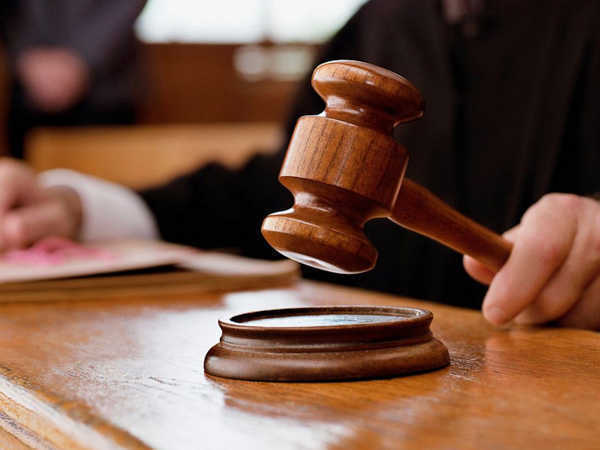
On October 17, 2005, changes were produced towards the united states . States Personal personal bankruptcy laws and regulations and rules. A lot of the changes were produced to wish people with incomes more than a certain threshold to repay their creditors rather of discharging their obligations.

This is a quick review of most likely the most crucial modifications in these Personal personal bankruptcy laws and regulations and rules. (Realize that the information below highlights selected modifications in regulations other changes were also created through the completely new legislation.)
Chapter 7 Bankruptcy and chapter 13 bankruptcy randleman nc
– In Chapter 7 Bankruptcy cases, a debtor cannot re-file a subsequent chapter 7 bankruptcy situation for eight years — elevated from six year. A debtor must now wait 8 years between Chapter 7 Bankruptcy cases.
Personal personal bankruptcy laws are legal provisions that allow individuals who are unable to repay their debts to seek relief from some or all of their financial obligations. In most jurisdictions, these laws are designed to provide a fresh start to individuals facing severe financial distress, while also ensuring fair treatment for creditors. The most common types of personal bankruptcy filings are Chapter 7 and Chapter 13 in the United States. Chapter 7 allows for the liquidation of non-exempt assets to pay off debts, whereas Chapter 13 involves a repayment plan, allowing individuals to pay off their debts over a period of time, typically 3 to 5 years. Personal bankruptcy laws provide a structured process that helps individuals manage overwhelming debt, but they also have long-term consequences, including a negative impact on credit scores and the potential loss of assets. The goal of these laws is to balance the needs of individuals seeking relief with the rights of creditors seeking repayment.
– An Instalment 13 debtor is barred from obtaining a discharge once the debtor has become a discharge–

(1) in the chapter 7 bankruptcy situation through the 4-year period preceding the date in the order for relief beneath the chapter 13 bankruptcy personal bankruptcy laws and regulations and rules, or
(2) in chapter 13 bankruptcy personal bankruptcy situation through the 2-year period preceding the date of those order.
Debtor’s Responsibilities
Filing needs expanded: Unless of course obviously legal court orders otherwise, the completely new law requires all debtors to launch towards the court:
o evidence of payments (e.g. pay stubs) brought on by any employer within two several weeks before the date in the filing in the situation
o an itemized statement of internet monthly earnings and
o a comment disclosing any anticipated increase in earnings or expenses reasonably expected through the 12-month period following a petition date
If a person Chapter 7 Bankruptcy or Chapter 13 Bankruptcy Personal bankruptcy debtor doesn’t file all of this information within 45 days following a petition filing date, the problem will probably be instantly overlooked effective round the 46th day.
Taxation statements: The debtor must now file certain taxation statements while using trustee as well as other taxation statements towards the court. Regulations now necessitates debtor to launch while using trustee seven days before the first date searching for the initial meeting of creditors a replica in the debtor’s Federal taxes or possibly a transcript of same for recent tax year ending immediately before the petition date. Failure to provide either the trustee while using taxes can result in dismissal in the debtor’s situation unless of course obviously the debtor has the ability to show the failure was due to conditions beyond the debtor’s control.
Miscellaneous filing needs: The completely new laws and regulations and rules need a person debtor to launch: a cccs certificate describing the assistance given to the debtor along with a copy in the debt repayment schedule, or no, developed using the agency track of the debtor’s fascination with an ailment tuition program or education individual retirement account in chapter 13 bankruptcy personal bankruptcy cases, an annual statement of earnings and expenses
Mandatory Cccs
Regulations now requires individual debtors to obtain a cccs briefing out of your approved agency through the 180-day period before the petition date. The debtor could get the briefing in both an individual or group format. The briefing may be conducted on the telephone or on the web. The briefing must outline the debtor’s options for cccs and conserve the debtor in performing a financial budget analysis. In lots of situation, a listing of approved cccs agencies will probably be printed on every personal personal bankruptcy court’s website along with a printed offered by the clerk’s office.
A debtor that doesn’t obtain cccs is not be qualified to launch personal personal bankruptcy unless of course obviously the debtor resides in the district where the U.S. Trustee or personal personal bankruptcy administrator has determined that approved agencies aren’t reasonably capable of provide counseling services to additional individuals.




